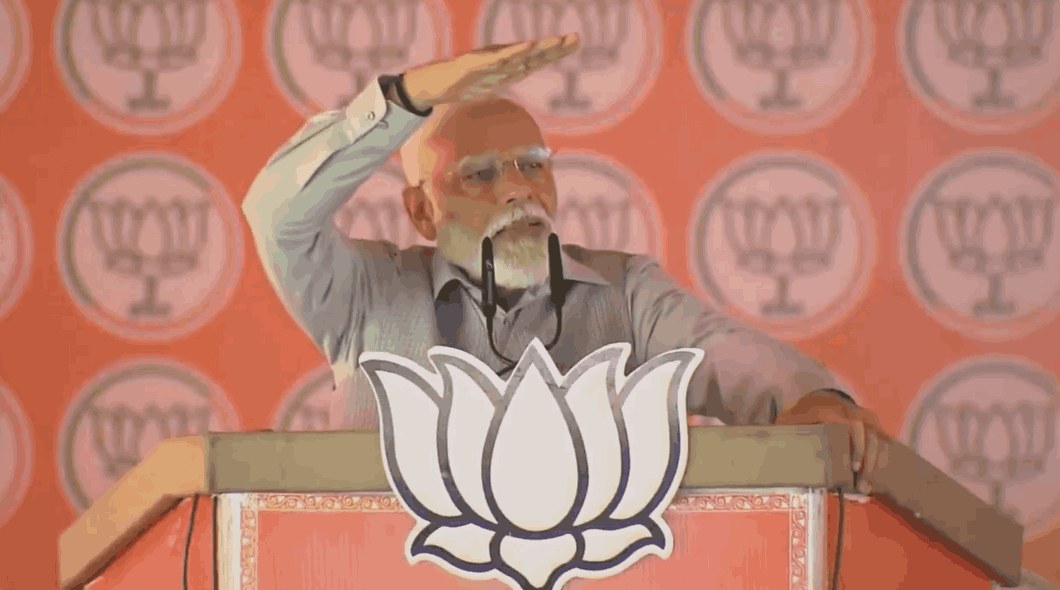Uttarakhand — Prime Minister Narendra Modi, during his address in Rishikesh, launched a scathing attack on the Congress party, accusing them of displaying insensitivity towards Hindu beliefs and traditions. PM Modi’s remarks, delivered to a fervent crowd, underscored the deep-rooted ideological divergence between the BJP and Congress, particularly concerning matters of faith and cultural reverence.
PM Modi’s assertions primarily revolved around the Congress party’s purported skepticism regarding the existence of Lord Ram and their refusal to participate in the Ram Temple ‘Pran Pratishtha’ ceremony. He declared, “Congress had raised many questions on the existence of Lord Ram. Even after they were invited to Ram Temple ‘Pran Pratishtha’, they boycotted it.” The Prime Minister’s comments emphasized the BJP’s narrative of safeguarding Hindu sentiments and sacred traditions.
Furthermore, PM Modi accused the Congress party of openly expressing their intent to “destroy the ‘Shakti’ in Hindu religion.” These allegations reflect the escalating polarization surrounding religious discourse in Indian politics, with the BJP positioning itself as the protector of Hindu values against perceived threats from opposition factions.
The Prime Minister’s rhetoric comes amid escalating political fervor ahead of pivotal state elections in Uttarakhand and other crucial regions. The Ram Temple issue has emerged as a rallying cry for the BJP, serving to mobilize its support base and elicit passionate responses from its followers.
PM Modi’s scathing indictment of the Congress party’s handling of Hindu beliefs is expected to resonate deeply with his supporters, who view the BJP as the vanguard of Hindu pride and identity. However, it is likely to draw vehement condemnation from opposition quarters and secular activists, who decry the BJP’s exploitation of religious sentiments for electoral gains.
As India grapples with increasingly intricate socio-political dynamics, PM Modi’s address in Rishikesh underscores the enduring influence of religious ethos on the country’s political landscape. The Ram Temple issue remains a poignant symbol of identity politics, with parties leveraging it to consolidate their electoral base and assert ideological supremacy.
PM Modi’s visit to Uttarakhand and his forceful indictment of the Congress party’s stance on Hindu beliefs underscore the deep-seated fault lines within Indian society and the enduring relevance of religious identity in shaping political discourse. As the nation braces for impending elections, the Ram Temple controversy is poised to remain a focal point of contention, profoundly shaping the trajectory of Indian democracy in the foreseeable future.



